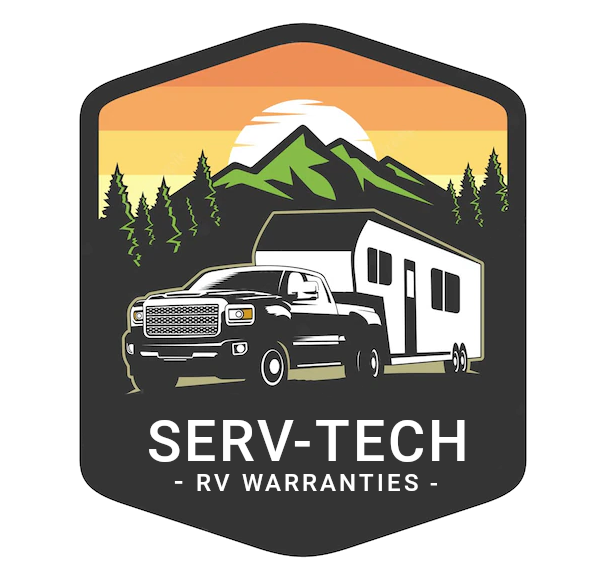Blog: Roadside Hazard Services: Your Lifeline in Unexpected Situations
Introduction
Imagine this scenario: you’re enjoying a peaceful drive, and suddenly, your vehicle encounters an issue. Such unexpected situations can be daunting, but with roadside hazard services, you have a reliable solution at hand. This blog explores how these services are essential for travelers seeking safety and assurance on the roads.
The Importance of Roadside Assistance
- Quick and Reliable Help
When you’re stranded, time is of the essence. Roadside assistance services offer prompt and reliable help, ensuring you’re not left waiting. From towing to tire changes, these professionals are equipped to handle a variety of issues.
- Safety and Security
Safety is a paramount concern when you’re stranded, especially in remote areas. Roadside assistance provides not just mechanical support but also a sense of security. They ensure you and your vehicle are safe until the issue is resolved.
- Cost-Effective Solutions
Imagine the cost of towing your vehicle or the expense of emergency repairs without a subscription to a roadside service. These services offer cost-effective solutions, saving you from unforeseen hefty expenses.
How Roadside Hazard Services Function
- Round-the-Clock Availability
The standout feature of roadside assistance is their 24/7 availability. They are ready to assist, day or night, ensuring you’re never left helpless.
- Comprehensive Service Range
Roadside hazard services extend beyond towing. They include battery jump-starts, flat tire changes, fuel delivery, lockout assistance, and minor on-site repairs.
- Extensive Service Network
Most providers boast a widespread network, ensuring assistance is available nationwide. This is particularly beneficial for long-distance travelers and road trip enthusiasts.
Selecting the Right Roadside Assistance Provider
- Research and Customer Feedback
Choosing a provider requires careful research and consideration of customer reviews. Focus on their reliability, responsiveness, and overall customer satisfaction.
- Coverage Clarity
Service plans vary among providers. Some might offer additional services like fuel delivery or accommodations for breakdowns occurring far from home. It’s important to understand the specifics of your plan.
- Additional Perks
Some roadside assistance plans come with extra benefits like travel planning tools or discounts on accommodations. These can enhance the overall value of your subscription.
Connect with Servtech Warranties for Reliable Roadside Assistance
Explore our services and find the perfect coverage for your needs. We’re here to ensure your journeys are safe and uninterrupted. Reach out to us for more information and to secure your travel plans.
